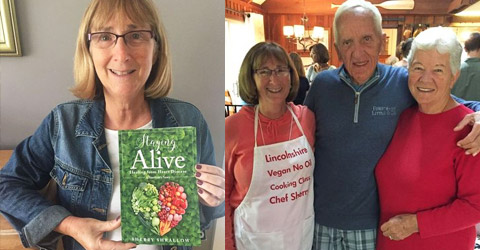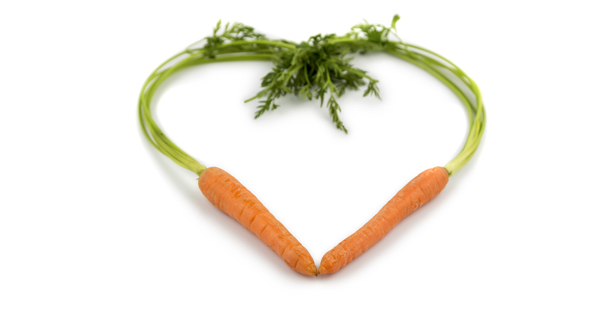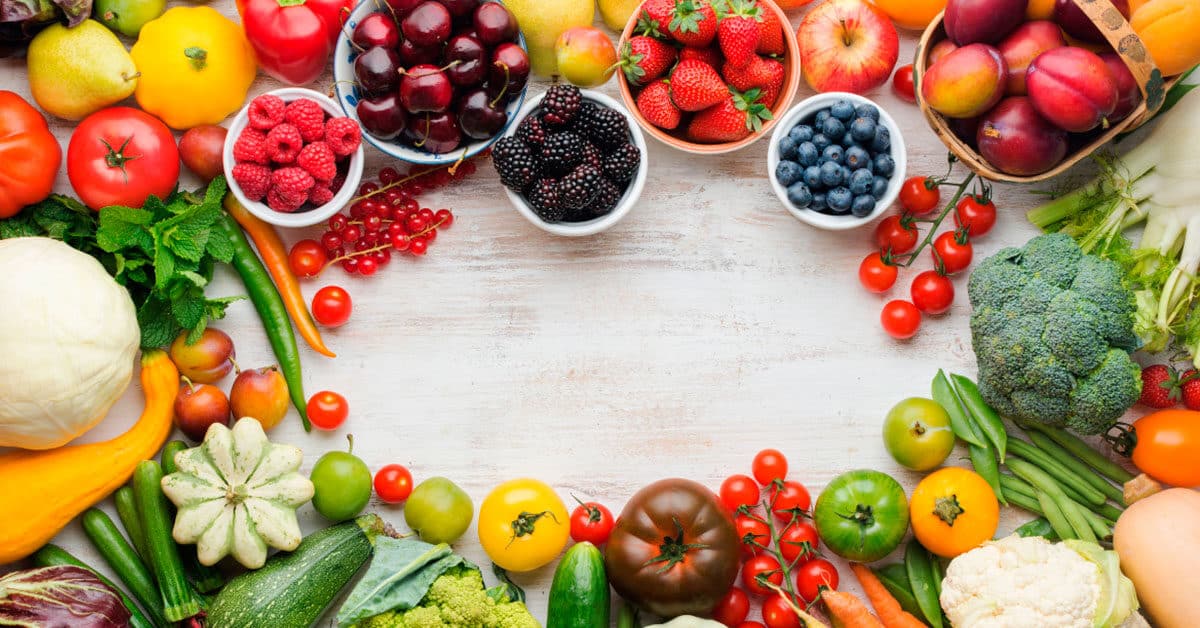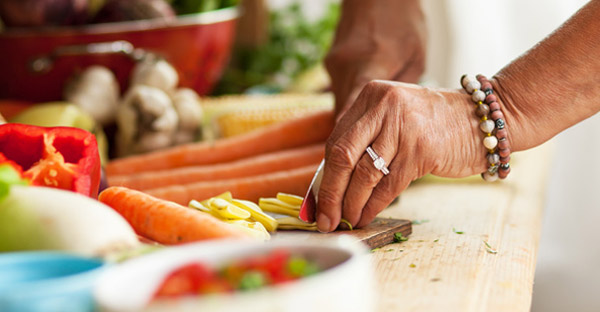
It was a sunny, warm afternoon in Houston, Texas on November 16, 2010. I had just finished seeing clients in my psychotherapy practice when all of a sudden, a feeling of nausea enveloped my whole body, and I started sweating profusely from head to toe. Sitting on my sofa, I remember losing consciousness. When I came to, I thought, “I’m having a heart attack!” I called my husband and told him to call 911. My office door was locked, and I knew that I had to somehow get to it so that the paramedics could help me. I managed to crawl on the floor to my locked door and reached up with all the strength I had to unlock it.
Code Blue
The paramedics arrived within a few minutes and whisked me off to the hospital’s emergency room. Once there, all I remember telling the cardiologist was, “Please don’t let me die.” He promised me he wouldn’t but his promise was almost broken when during a cauterization on my left blocked coronary artery, I suddenly vomited. The abrupt movement caused the catheter to move, and it dissected my aorta. That’s when the real trouble started. Not only was I in the midst of a heart attack that necessitated bypass surgery but I had to get my aorta repaired immediately or I would die on the table. The chief surgeon told my husband on his way into the operating suite to gather our family because he only gave me a 20% chance of surviving both procedures. Thankfully I survived after “coding” 3 times that day when my heart stopped and had to be shocked into beating again.
The chief surgeon told my husband on his way into the operating suite to gather our family because he only gave me a 20% chance of surviving both procedures.
Let me tell you a little bit about me prior to my heart attack. I was 56 years old at the time, of normal weight, ate what I thought was a “heart healthy” diet of lean animal protein, fruits and vegetables, grains, beans, legumes, low-fat dairy, and the “good” olive oil. I exercised regularly and practiced yoga and meditation. When my friends and family learned of my ordeal, it shocked and scared them because I was the last person in the world that they thought this could ever happen to. But it did. And since that day I have dedicated my life to learning about heart disease and what I could do to prevent this from ever happening to me (and others) again.
#1 Killer of People in the U.S.
What I learned was that heart disease is the number one killer of men and women in the United States and that it need not exist. It exists for three reasons: breakfast, lunch and dinner. The American diet is laden with fat and cholesterol—the two things that will guarantee a buildup of plaque in our arteries that for 36% of Americans will result in heart disease.
What shocked me even more than having a heart attack was the kind of medical care I received afterwards. I spent 11 days in the intensive care unit and then another few days on a medical floor before being transferred to a rehabilitation facility to continue my recovery. And what was I served for breakfast each day? Eggs! And what was I offered for lunch and dinner? Chicken and beef! Although I was in quite a fog after my surgery, I knew that something was not right about what I was being fed. Why would they be feeding me the foods that would cause me to build up more plaque in my arteries? The dietitian offered no sound advice, and my cardiologist had nothing much to say about my diet except to eat low fat and low salt foods that could include animal products.
Reversal of Heart Disease
I was very fortunate to have a sister who was a nurse practitioner at The Cleveland Clinic. She knew of a doctor there who practiced the prevention and reversal of heart disease by prescribing an oil-free, whole food, plant-based diet. His patients were people who’d been told by their cardiologists that there was nothing more that could be done to help them medically—no more drugs, bypasses, angioplasties, or stents. Dr. Esselstyn took on 17 of the these very ill patients for 12 years in his initial study, counseling and supporting them in maintaining their new plant-based diet. He also prescribed some of them a low dose statin medication as well. He meticulously recorded their cholesterol levels, had them keep food diaries to ensure they continued eating the right foods, and was able to take angiograms of the blocked coronary arteries from some of them throughout the course of the 12 year study to see how their arteries faired over that period of time. What he found was that not one of those 17 patients had any progression of their heart disease, and for many there was actual reversal! And even more exciting was the fact that after 20 years, these patients were still alive and well with no further cardiac events of any kind! There is no cardiac intervention at this time that has shown as promising a result as did this study which was published in the American Journal of Cardiology. What Dr. Esselstyn offered his patients (myself included) was a chance to take control of our heart disease so that we could live without worry of building up more plaque in our arteries or worse yet, dying from its consequences.
The goal for patients in his initial 12-year study was to stay on the plant-based diet for life and to get their total cholesterol levels below 150 and their LDL (the bad cholesterol) below 80. Each and every one of them achieved that goal. What we have learned is that in over two-thirds of the world, where people eat a plant-based diet, there is no such thing as heart disease. It is only in industrialized countries like the United States where people eat the rich, fat and cholesterol laden diets centered around animal foods that heart disease exists.
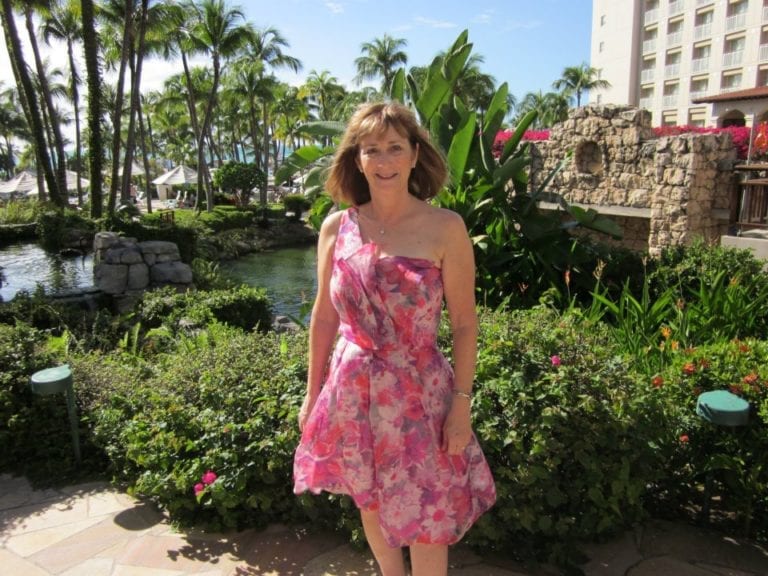
Why Plants?
Many people ask me why eating fruits, vegetables, legumes, grains, and beans is a protection against heart attacks, and I tell them what I learned from Dr. Esselstyn’s book Prevent and Reverse Heart Disease. The coronary arteries are lined with endothelial cells. These cells play a vital role in keeping our arteries healthy—i.e., flexible, wide open, and slippery—so that blood can make its way easily to all the parts of the body that depend on its nourishment. Eating plant-based foods actually promotes the production of nitric oxide within our arteries. Nitric oxide opens up (dilates) the coronary arteries, which allows blood to circulate within the heart. Even patients with severe angina (the chest pain that occurs when diseased arteries narrow and restrict blood flow) feel a lessening of their symptoms within weeks of eating this way. Eating animal products of any kind has been shown to inhibit the production of nitric oxide. Animal products also add cholesterol to our bodies, cholesterol that is not needed and causes harm. Our bodies make just the right amount of cholesterol that we need. Plant-based foods do not contain cholesterol and cannot therefore contribute to the buildup plaque in our arteries.
It is not the older plaques that have calcified over the years that do the real damage. Over 85% of heart attacks happen when newer plaques, loaded with the fatty, gooey cholesterol, rupture their very thin “caps” from the flow of blood swishing by. The body tries to repair this rupture by clotting it. This clotting completely closes off the artery within minutes, stopping the blood from getting to the heart muscle. Without oxygen and nutrients making their way to the heart muscle, it dies. And sadly, for way too many Americans, these catastrophic events come on suddenly, and the person is dead—never knowing what hit them or how they could have truly prevented this in the first place with a change in their diet.
This sad scenario played out recently with the husband of one of my co-workers. Three days before Christmas, he told his wife that he wasn’t feeling well. He lay down to rest, and when his wife checked on him a little while later, he was dead. Dead from a sudden heart attack. When I saw his body lying in the casket at the wake, I felt overwhelmed with sadness that this vibrant, life-loving man never knew what hit him, and if he had only been told what I know now, he too could have prevented this disease and had many more years with his loving wife and precious grandchildren.
I am determined to not let this happen to me. I found a cardiologist who treats heart disease with plant-based whole foods. I cleaned out my cupboards and refrigerator of all animal-based foods and started on this journey, eating the right way so that I would never experience another heart attack.
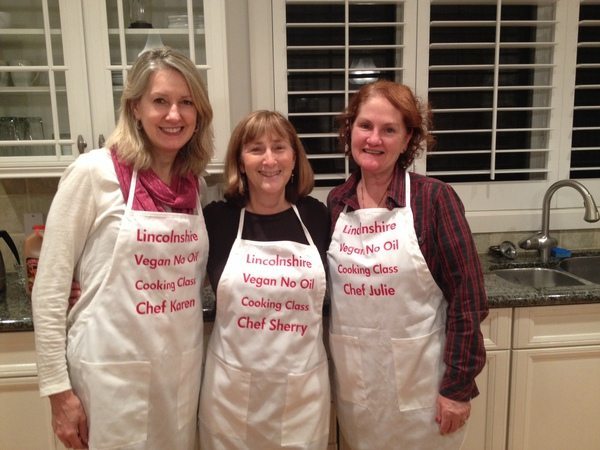
Plant-Based Education & Community
I continued my studies and completed the Center For Nutrition Studies’ 6 week course in Plant-Based Nutrition through eCornell. Since then, I have been teaching others how they too can take control of their heart health once and for all. In my How to Heart Attack Proof Yourself classes through a local adult education program, I lecture on the subject and end with delicious plant-based meals so that students can experience how tasty these foods actually are. I have also started a cooking class through Meetup, and have 358 members. We meet monthly at my home and cook together, spreading the word about the health benefits of eating this way. I am in the process of starting Dine Arounds, where Meetup members will meet in each other’s homes in small groups to share a healthy meal and have a community of supporters available to help keep them on track. I also appeared on Women Who Lead, a local Houston television program, where for 30 minutes I was able to talk about my transition to a whole food, plant-based, oil-free lifestyle.
In 2013, Sherry appeared on Women Who Lead with Dr. Ruth Ollison.
My Plant-Based Mission
I lowered my cholesterol from 175 prior to my heart attack to 105 and reduced my bad cholesterol (LDL) to 48. And all because of what I eat. So I will never have to be one of those heart patients who is “waiting for the other shoe to drop.” I hope to grow old and see the accomplishments of my children and grandchildren for years to come. I promised myself that I would continue my mission to help wipe out a disease that should never exist in the first place. To doctors and governmental agencies who doubt that Americans would ever make such a change to their diet, I say give them the information and let each person decide for themselves what is best for them. Knowledge is power, and the more we know about how to prevent and reverse heart disease, the sooner we will join the two-thirds of the world who do not have this preventable disease.
You Might Also Like
Copyright 2026 Center for Nutrition Studies. All rights reserved.
Deepen Your Knowledge With Our
Plant-Based Nutrition
Certificate
Plant-Based Nutrition Certificate
- 23,000+ students
- 100% online, learn at your own pace
- No prerequisites
- Continuing education credits
